O Patria Nuova / Oh, My Adopted Homeland
2018 , ,
7:MIN . , 2018
SEE VIDEO
O Patria Nuova / O, My Adopted Homeland
2018
In 2013, I made a video titled In Foreign Gardens, with the music of Giuseppe Verdi's "O Patria Mia” (O, My Dear Country), from the opera Aida. Verdi wrote Aida for the opening of a new opera house in Cairo in 1871, which coincided with festivities around the opening of the Suez Canal. The construction of this canal greatly indebted Egypt to Europe, reinforcing British and French influence over the country that began with Napoleon's military expedition to Egypt in 1798. Napoleon, suggests Edward Said in Culture and Imperialism, staged Egypt's "antiquity, its wealth of associations, cultural importance, and unique aura for a European audience," an audience with an imperial gaze.
The "archeological revolution for which the Orient was a theater" came with famous discoveries that left tombs open and emptied out with the contents shipped to European museums, where the artifacts helped expand "imaginary geographies" and fueled exotic desires. Tales of unusual pleasures and delirious promises mixed with the flexing of imperial powers, rendering Egypt a distant cultural and religious Other to be exploited. By Said’s account, Verdi never traveled to Cairo but conceived Aida as an "imperialist 'article de luxe,'" written for an Egypt defined and mainly controlled by foreign European powers for a mostly European audience.
For this video, I asked the Chinese Soprano Li Mingming to sing "O Patria Mia" at the Wilhelma, a former Stuttgart Palace built in the mid-19th century by King Wilhelm I of Württemberg. The architecture was informed by Orientalist ideas and built in the so-called Moorish Revival style, echoing the Alhambra. The expertise gained in studying foreign cultures, lands, and people was not only instrumental in colonial quests and conquests but also influenced European self-understanding and its taste formations, for which this Italian opera and the German architectural ensemble in Stuttgart became examples par excellence.
Verdi's Aida remains one of the most commonly played operas in the world; the Wilhelma palace garden has survived two World Wars and has expanded and morphed into an extensive botanical and a zoological garden. Unfortunately, contemporary Egypt drags itself from bloody revolution to counter-revolution, from military dictatorship to military dictatorship with young and old people alike losing their lives over irreconcilable notions of justice, freedom, and the role of religion and the arts.
Meanwhile, in Stuttgart today, only a ten-minute walk from the Wilhelma palace garden zoo is a makeshift camp that houses hundreds of Syrians and others refugees who have lost their "patria," their homeland, but have found at least a host country and a certain—if limited—degree of acceptance by the host population. But that is now also under increased attack. With the current political change in Washington after the election of Donald Trump and its repercussions around the world, we see the rise of xenophobia, the rejection of refugees and the insistence of group-specific socio-narcissism that renounces anything foreign everywhere. Trump’s aggressive anti-Muslim and anti-immigration politics inspired me to revisit Verdi’s aria for a US context, now retitled “O Patria Nuova," or "O, my adopted Homeland."
I cast the renowned Argentinian-born opera singer, Milena Dayen and the Canadian-born trombone player Mike Fahie to perform the piece in a $1-a-slice pizza parlor in Spanish Harlem. This local business is patronized mainly by a public that has been traumatized by the Immigration and Customs Enforcement (ICE) policies following Trump’s aggressive “America first” deportations, as if immigration has not always been at the core of American values. During the entire performance, a customer of African descent wearing a red hooded sweatshirt sat in front of an empty paper plate sipping on a can of Coca-Cola and occupied himself solely with his iPhone. This relatively new immigrant from Africa, who wanted to be anonymous, turned his back to the camera while we filmed.
We recorded the piece while the pizzeria was open for business, in a neighborhood known to be one of the most diverse and economically deprived in the country. The owner of the pizzeria, who didn’t want to be named, is Jordanian and has an Arabic prayer poster hanging prominently behind the performers. His employees are new immigrants from Africa and Latin America with some who didn’t want to be recorded.
For the Wilhelma garden version of Aida, the expulsion and killing of Egyptian protesters by a repressive US-supported government served as the backdrop of the piece. Verdi’s libretto was appropriated without alteration and the singer sang only the aria “O patria mia,” a capella. The silence of the former palace garden added to the horrific circumstances of the first recording. The deporting villain in Aida, Radamès, was not named. For the Spanish Harlem pizzeria version, we changed Radamès to ICE, which has become under Trump a terrifying household acronym. Due to the Third Avenue traffic and street noise, we added a trombone player to guarantee the acoustical continuity of the piece and add a funereal quality to the music. And in fact for many people losing their adopted homeland, deportation can equal death.
See video links:
https://ganahl.info/aida.html
https://ganahl.info/opatrianuova.html
https://ganahl.info/aida.html
https://ganahl.info/opatrianuova.html
SEE VIDEO..
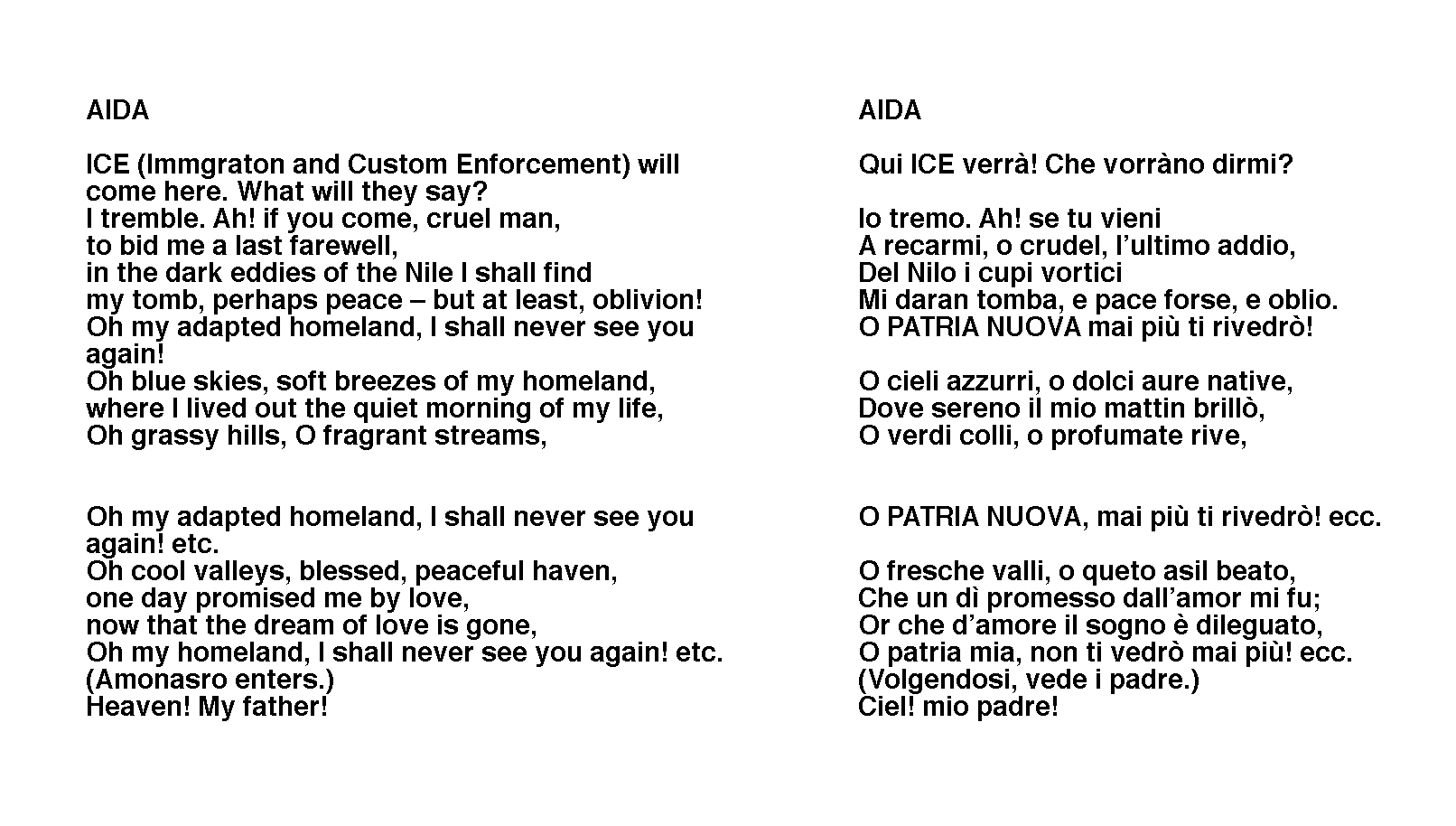
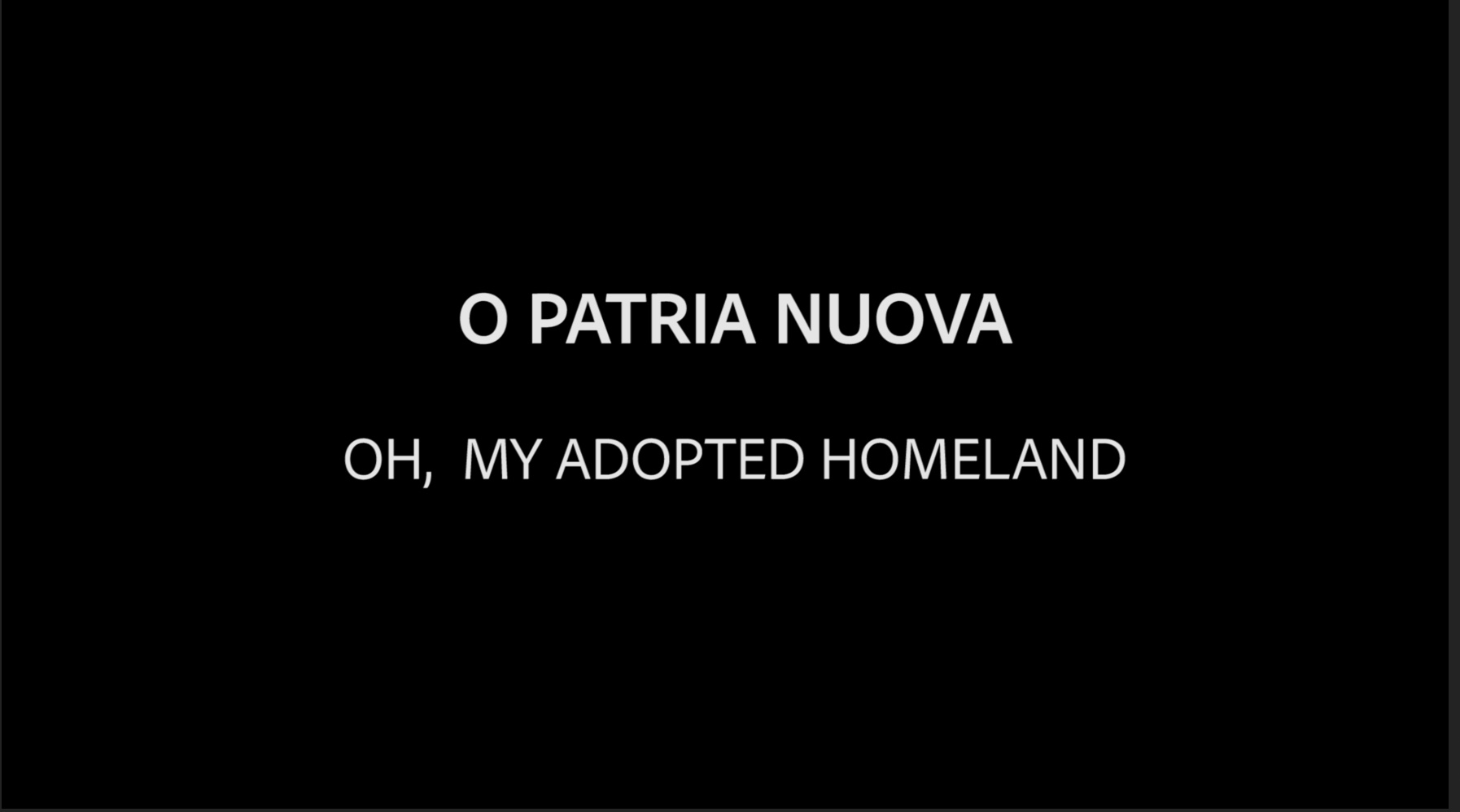
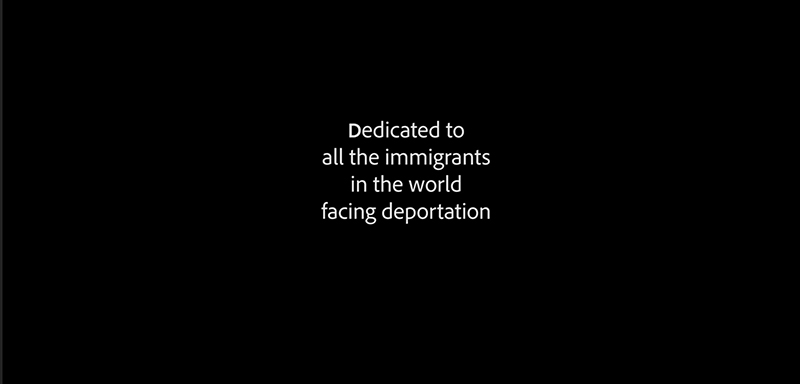
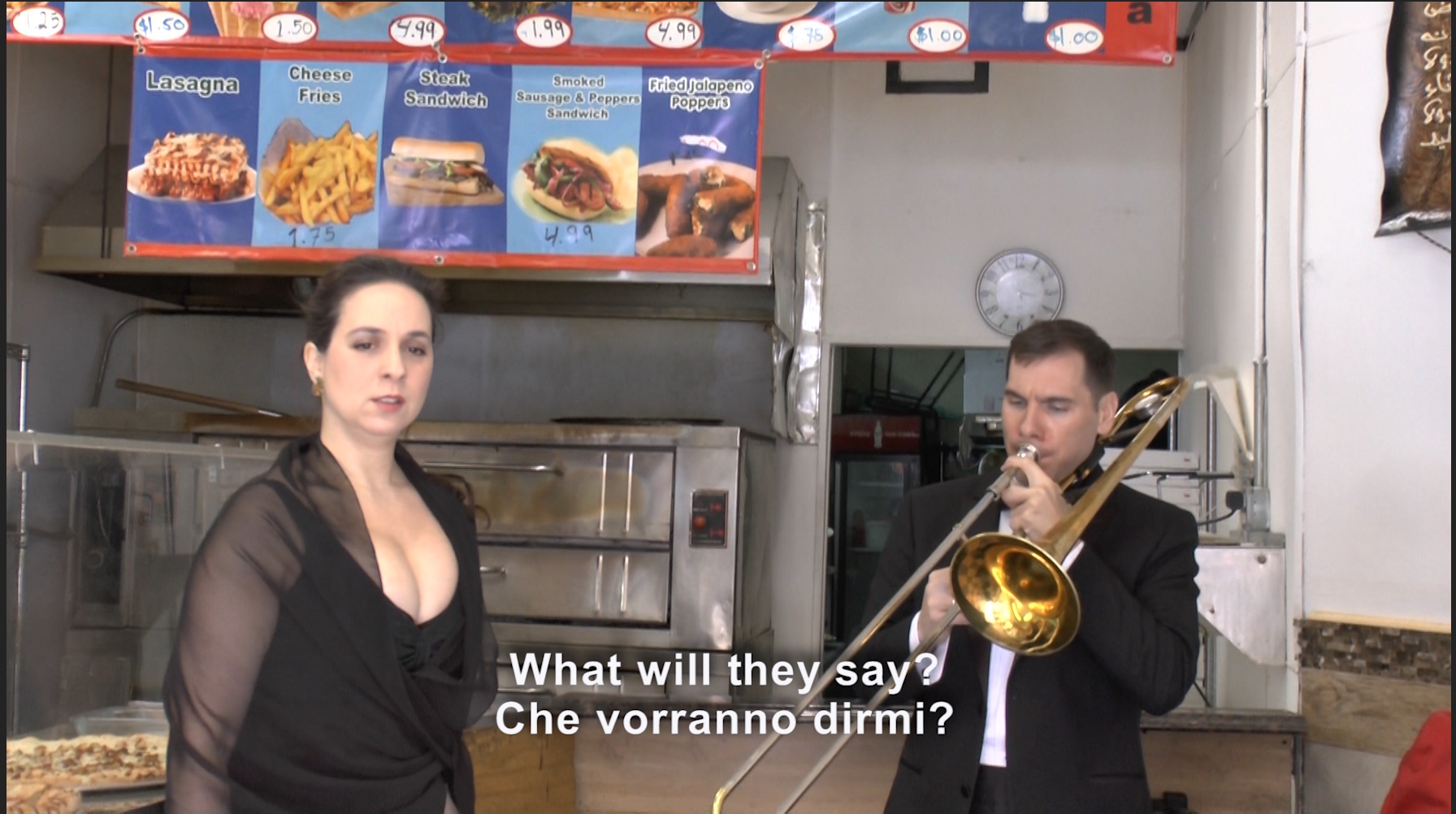
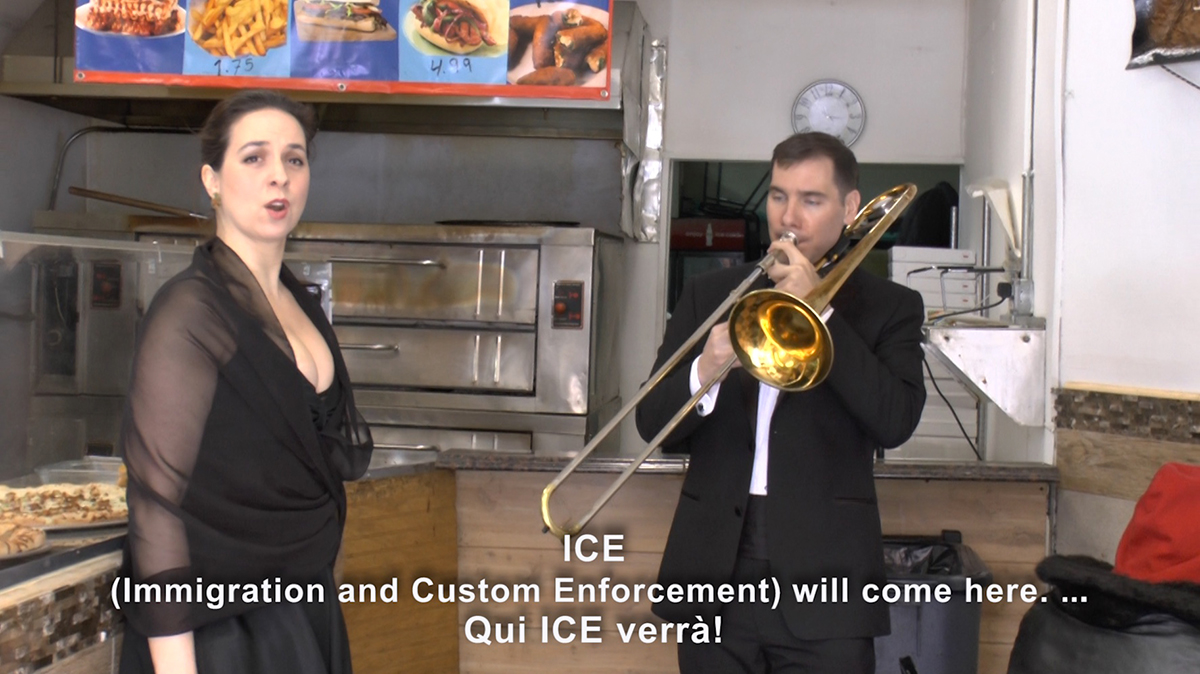
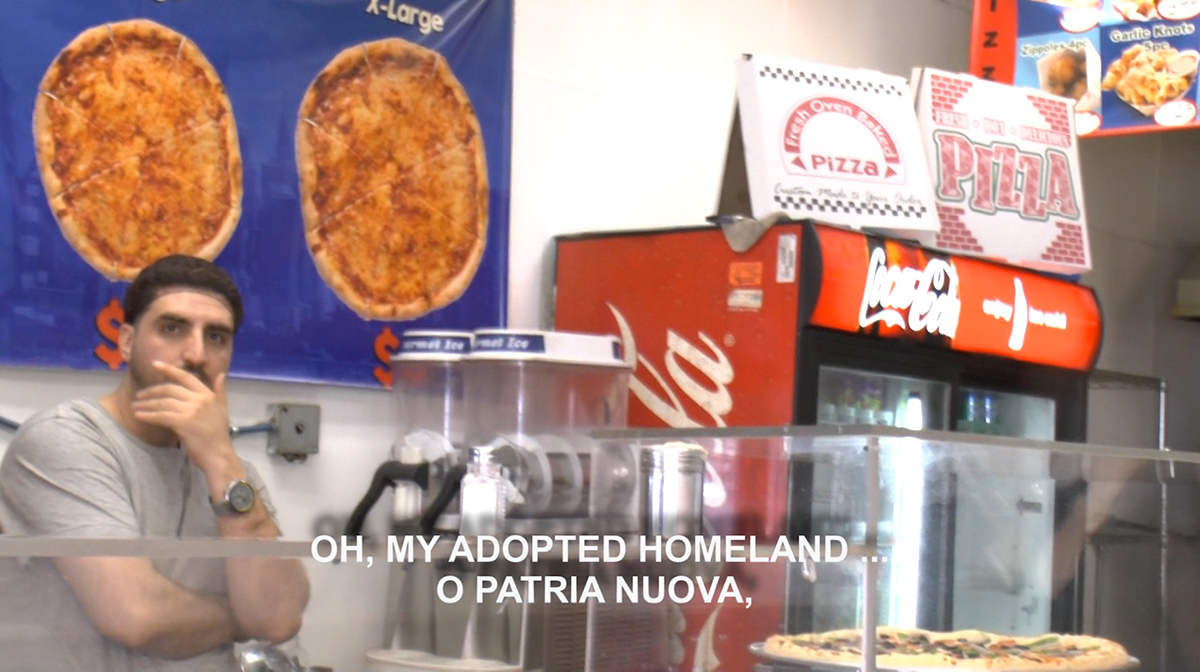
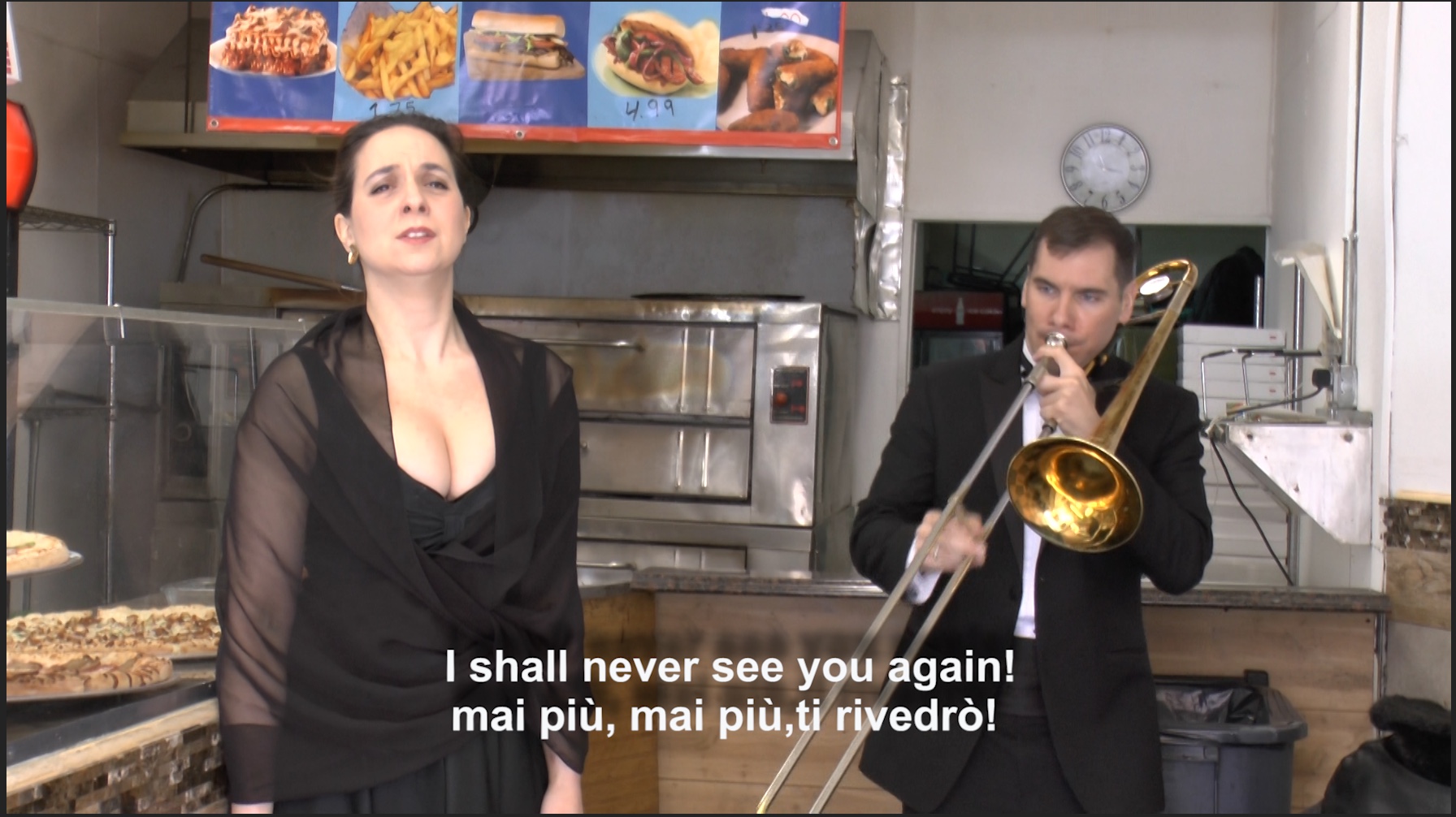
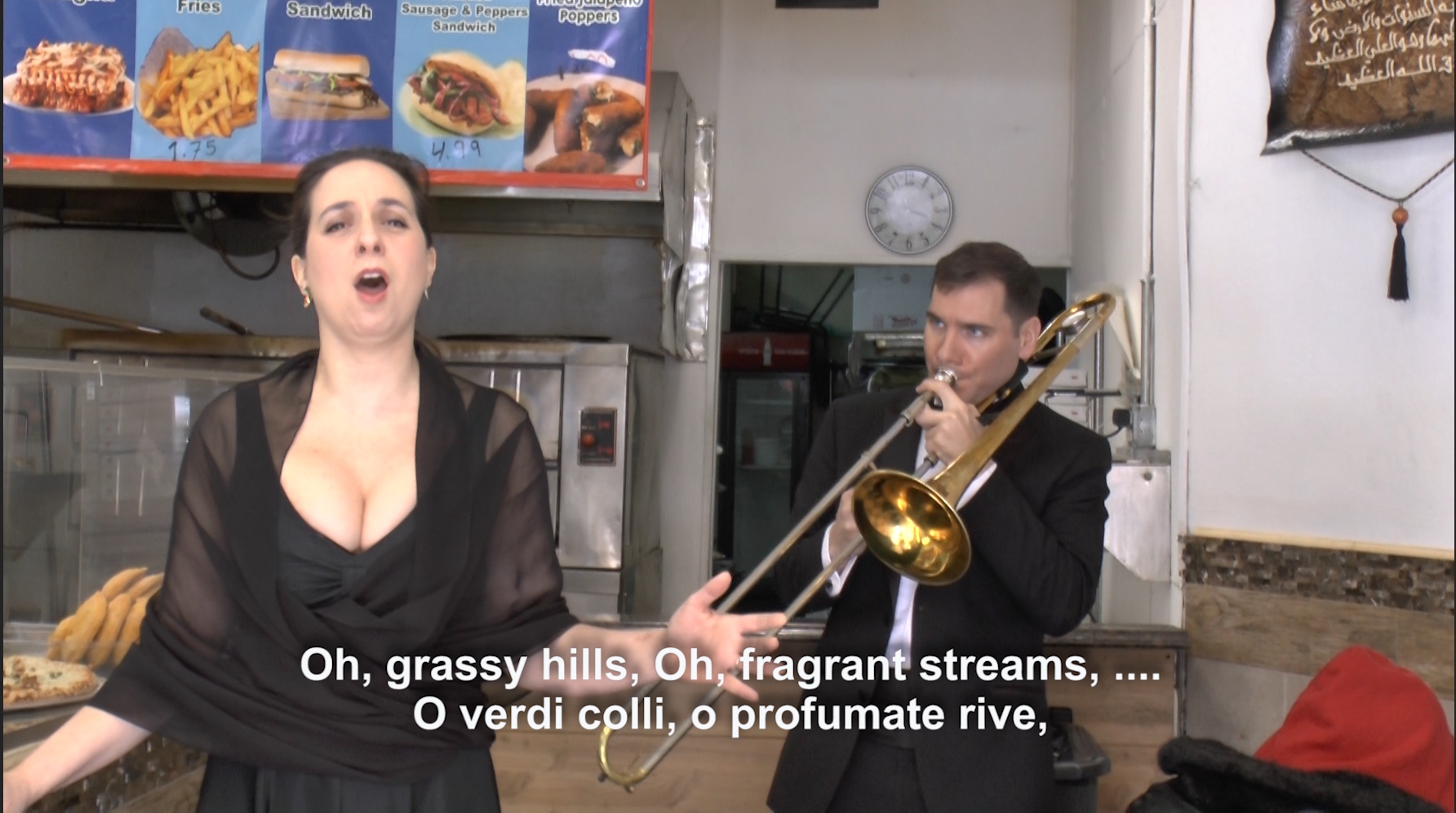
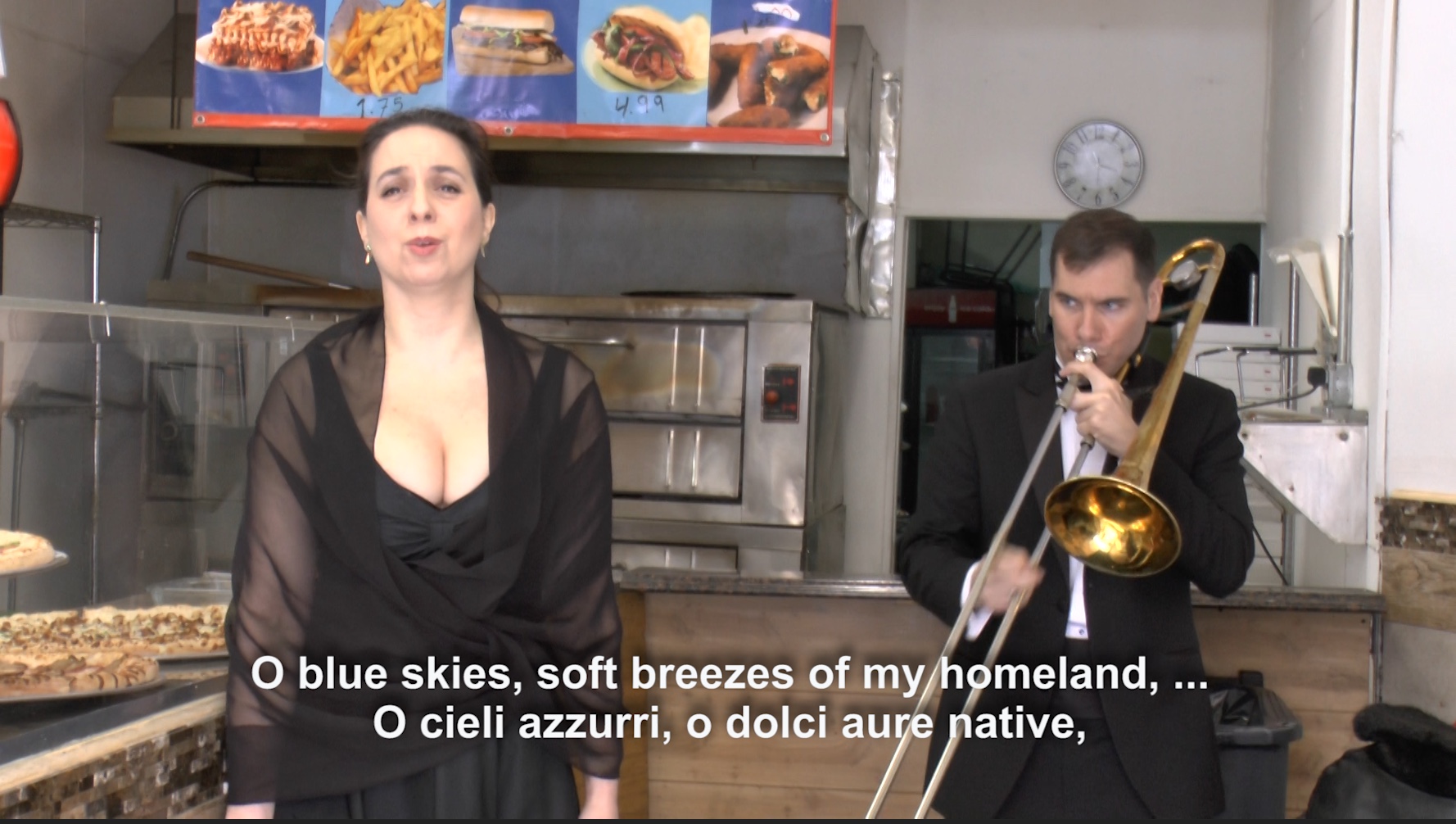
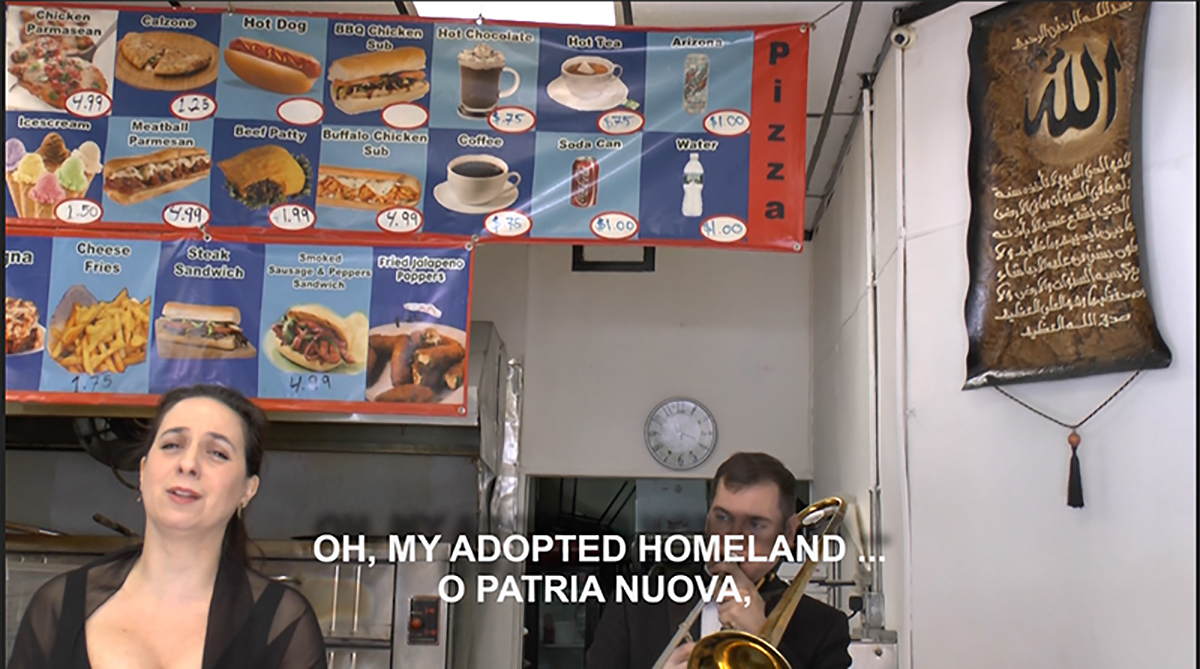
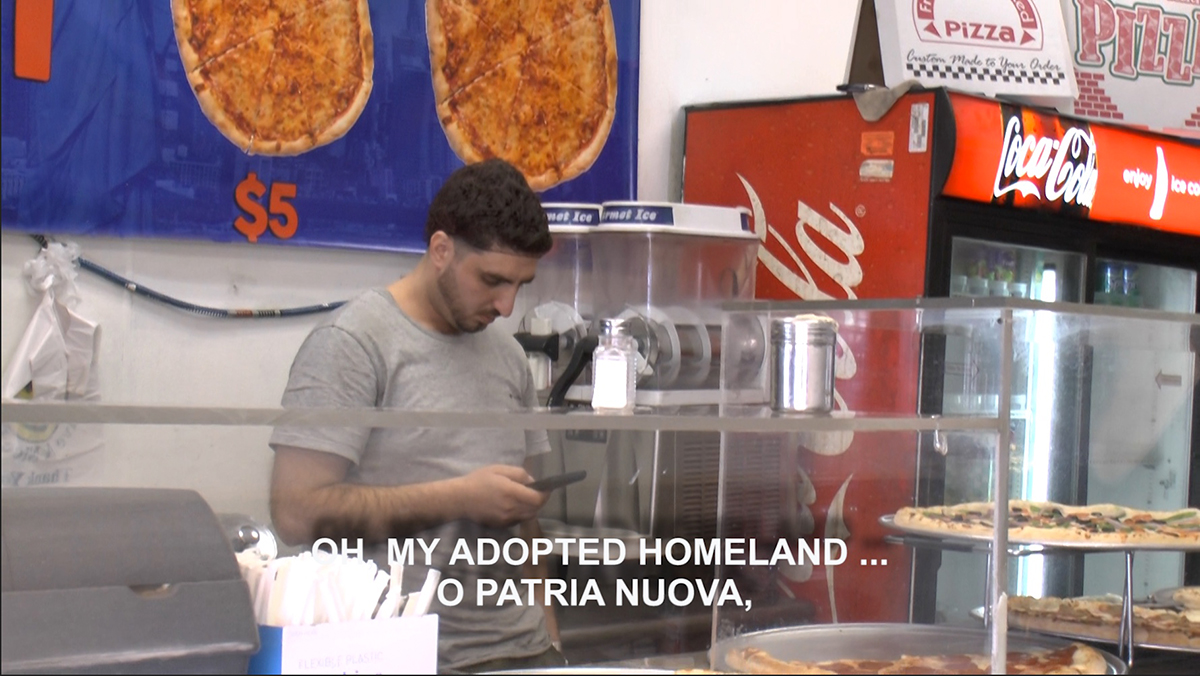
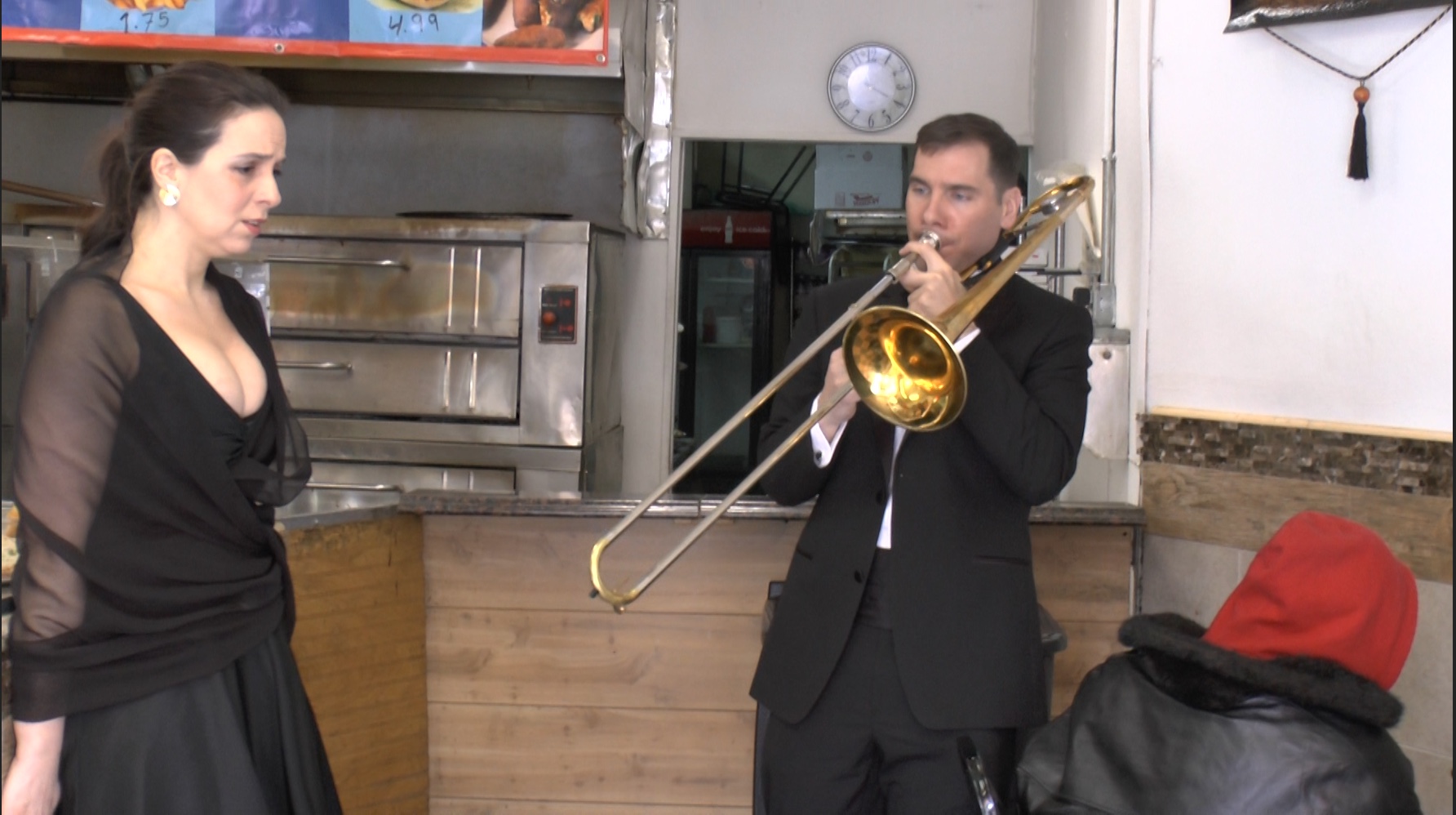
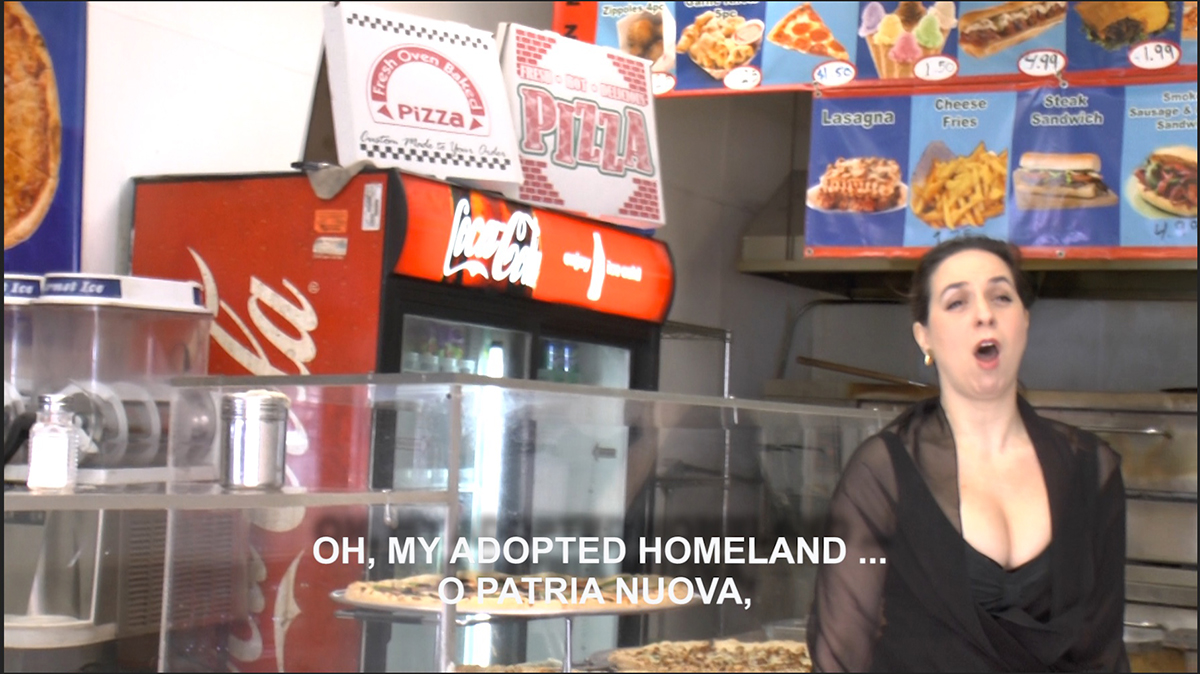
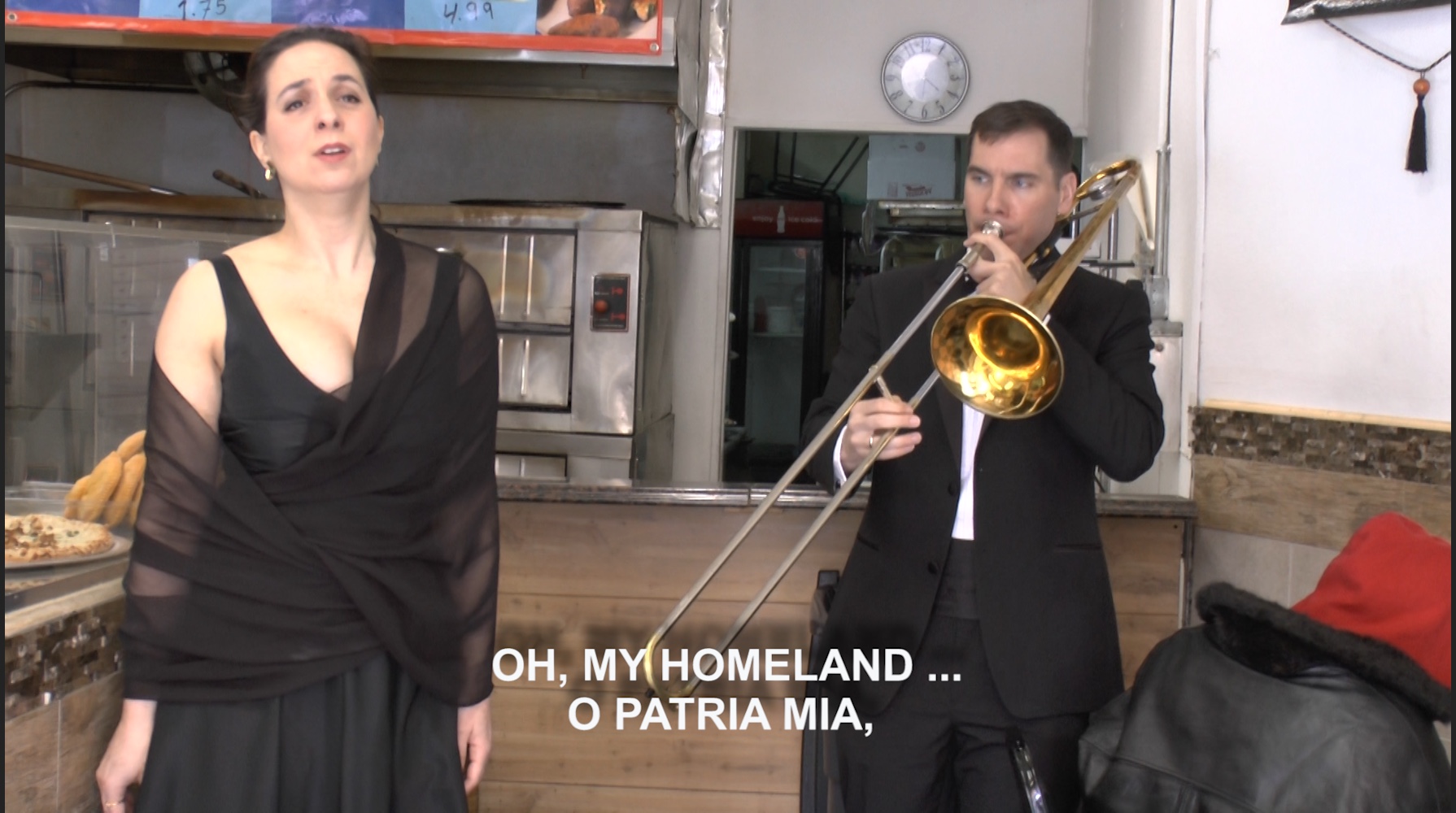
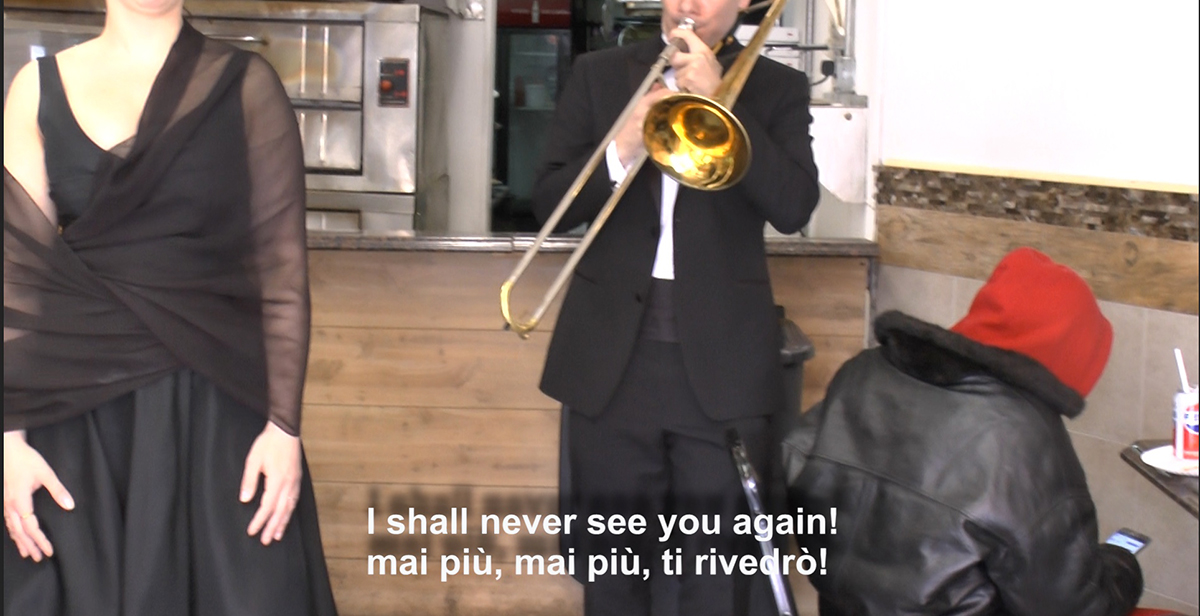
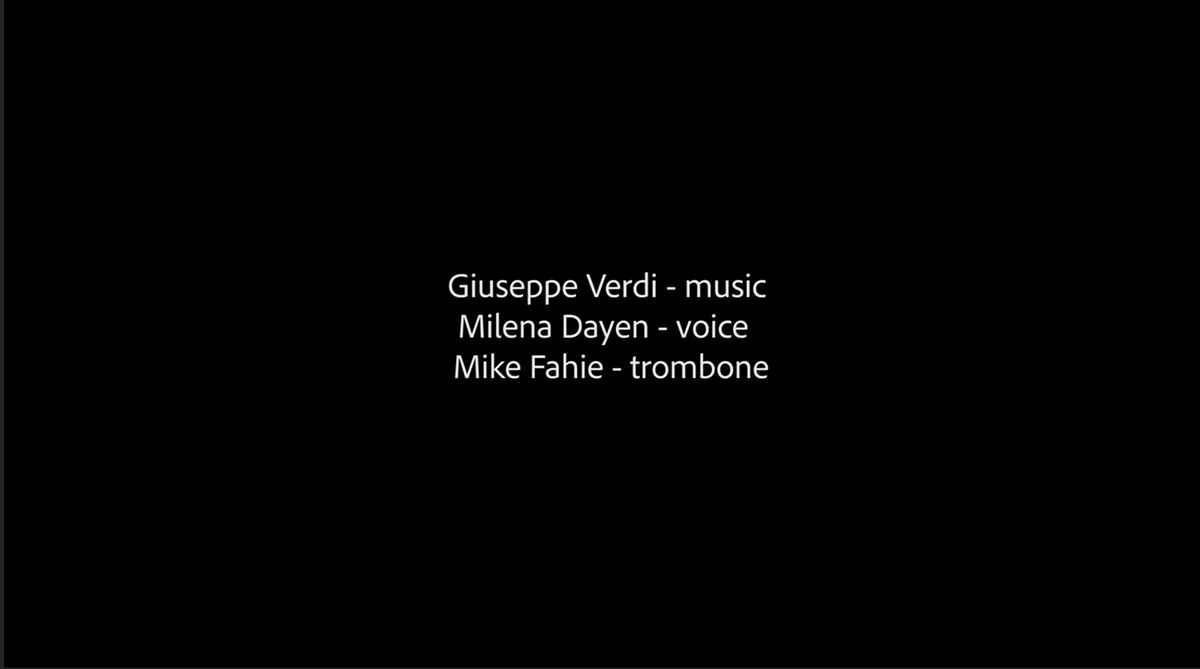
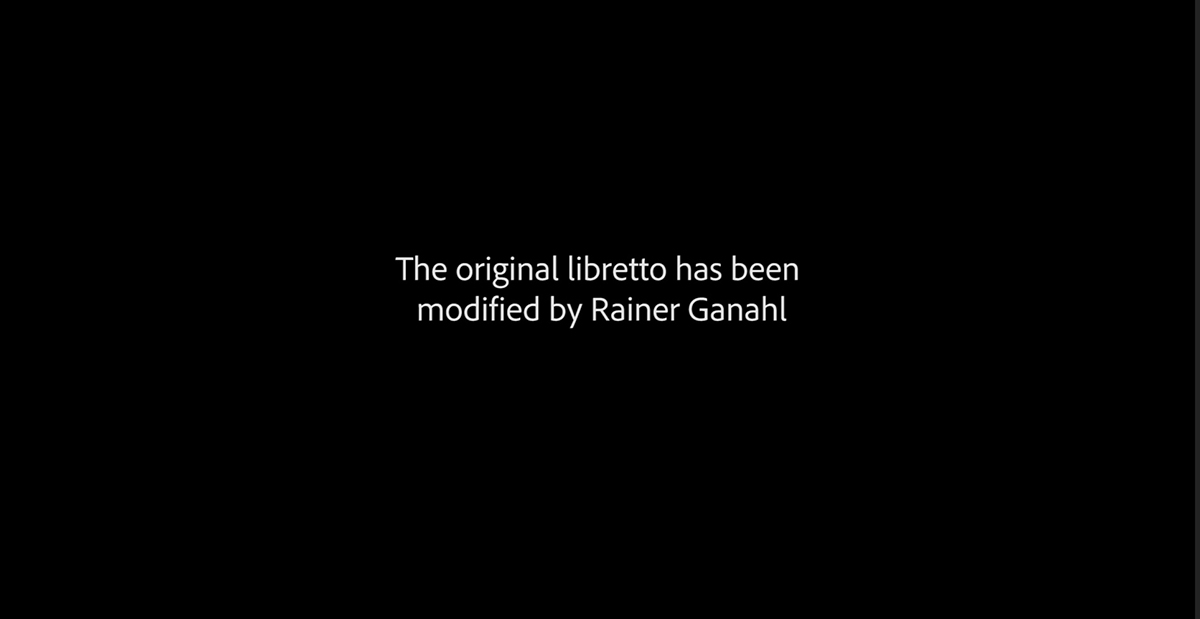
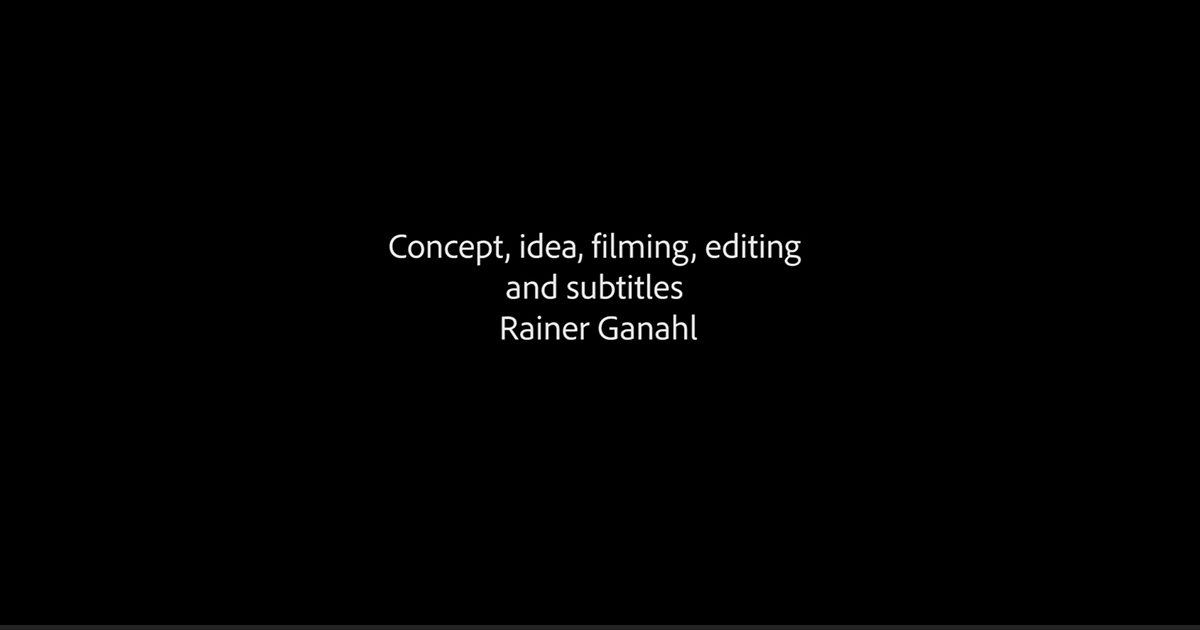
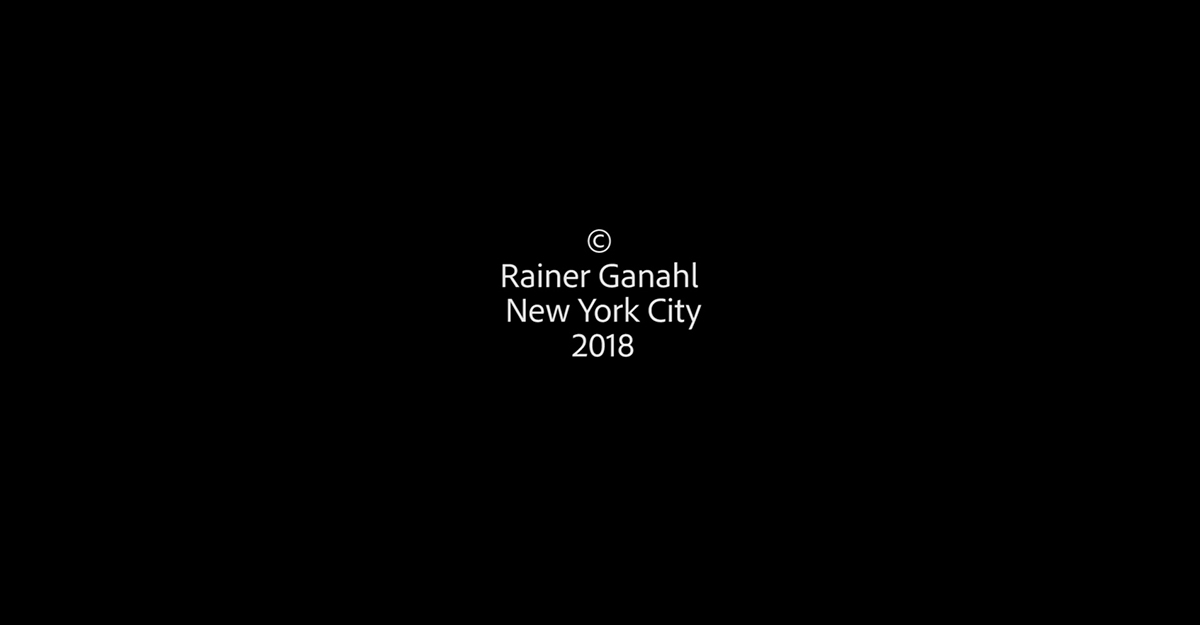
addinoton phoitoo s
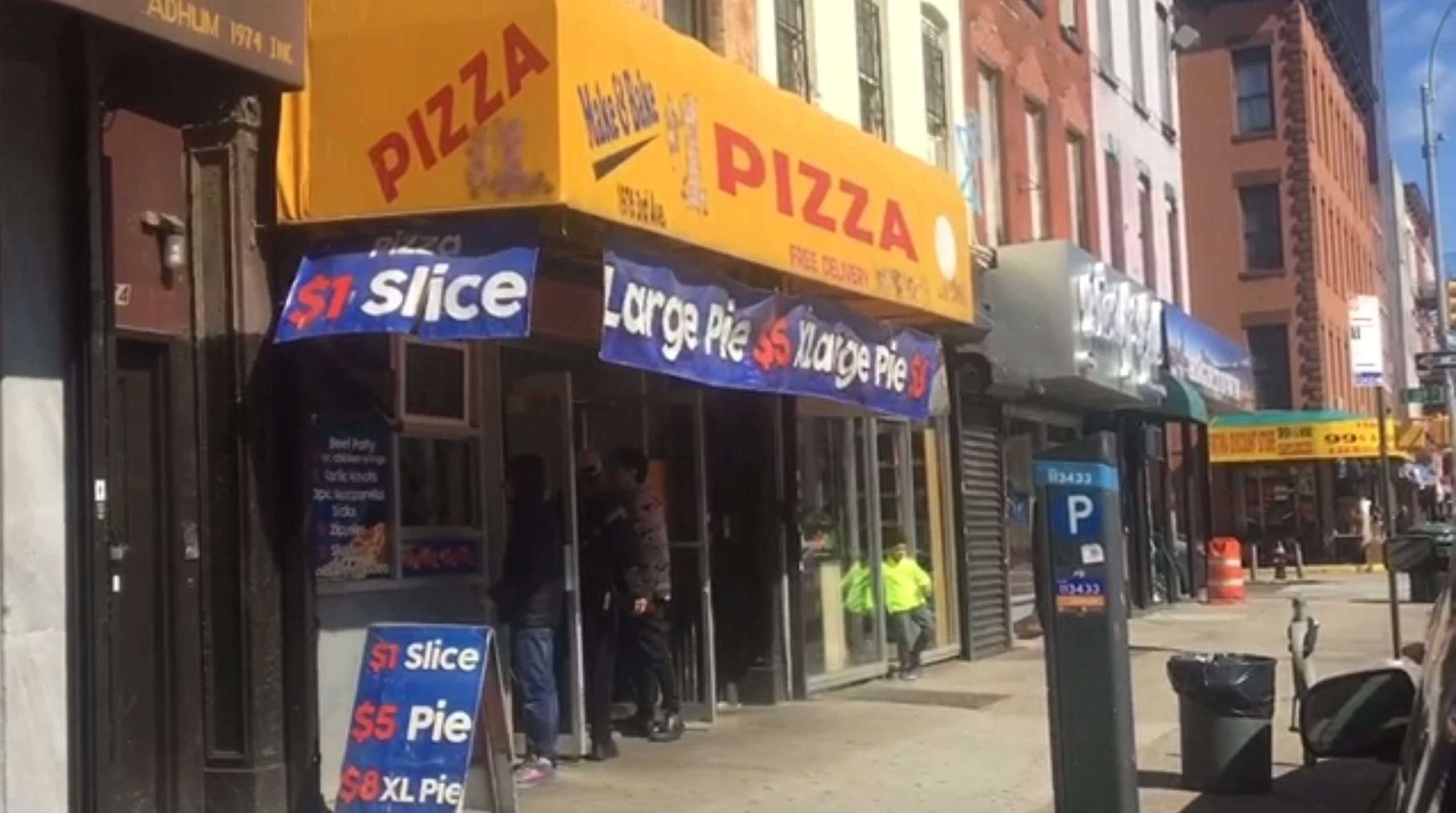
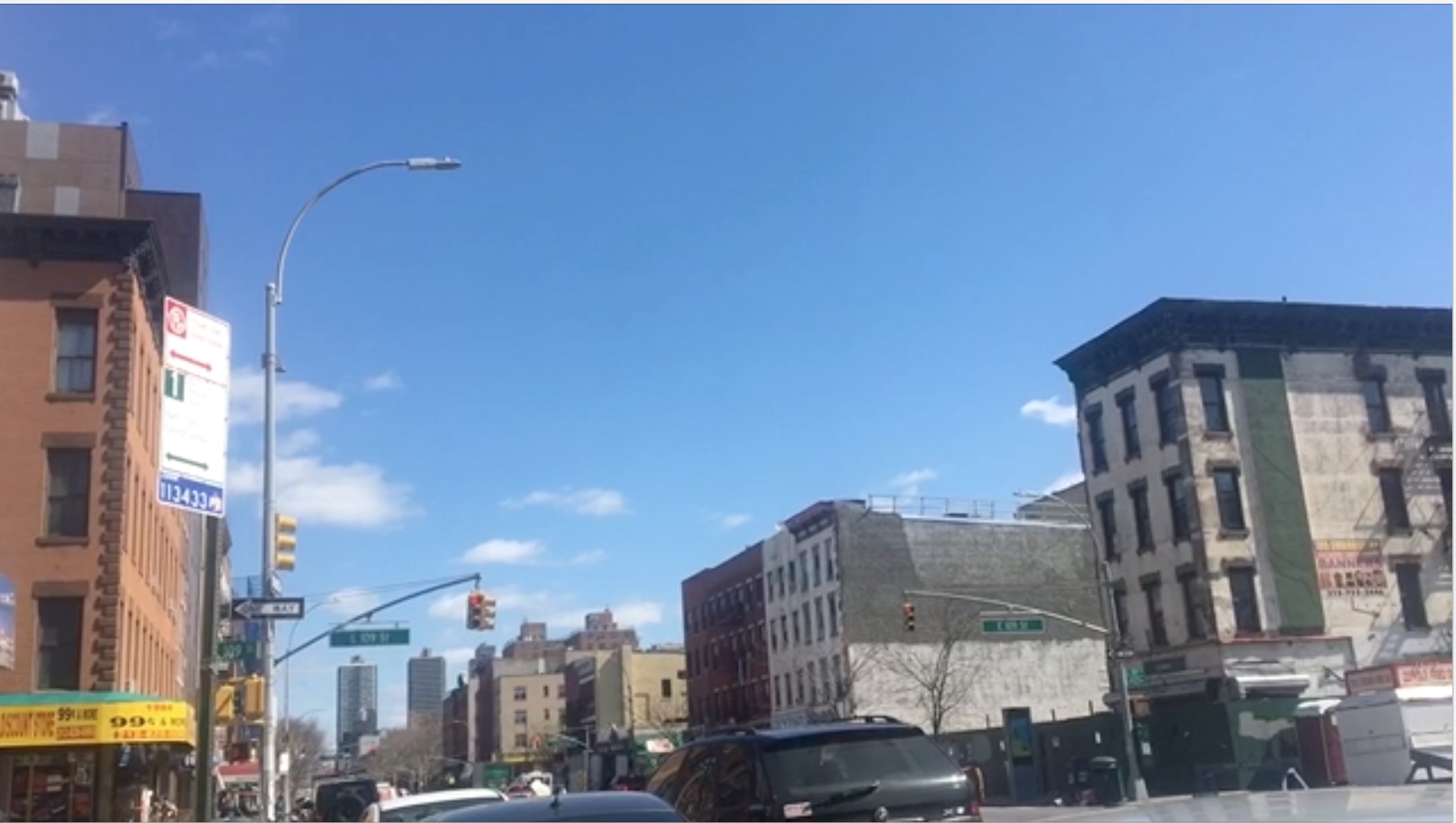
![]()
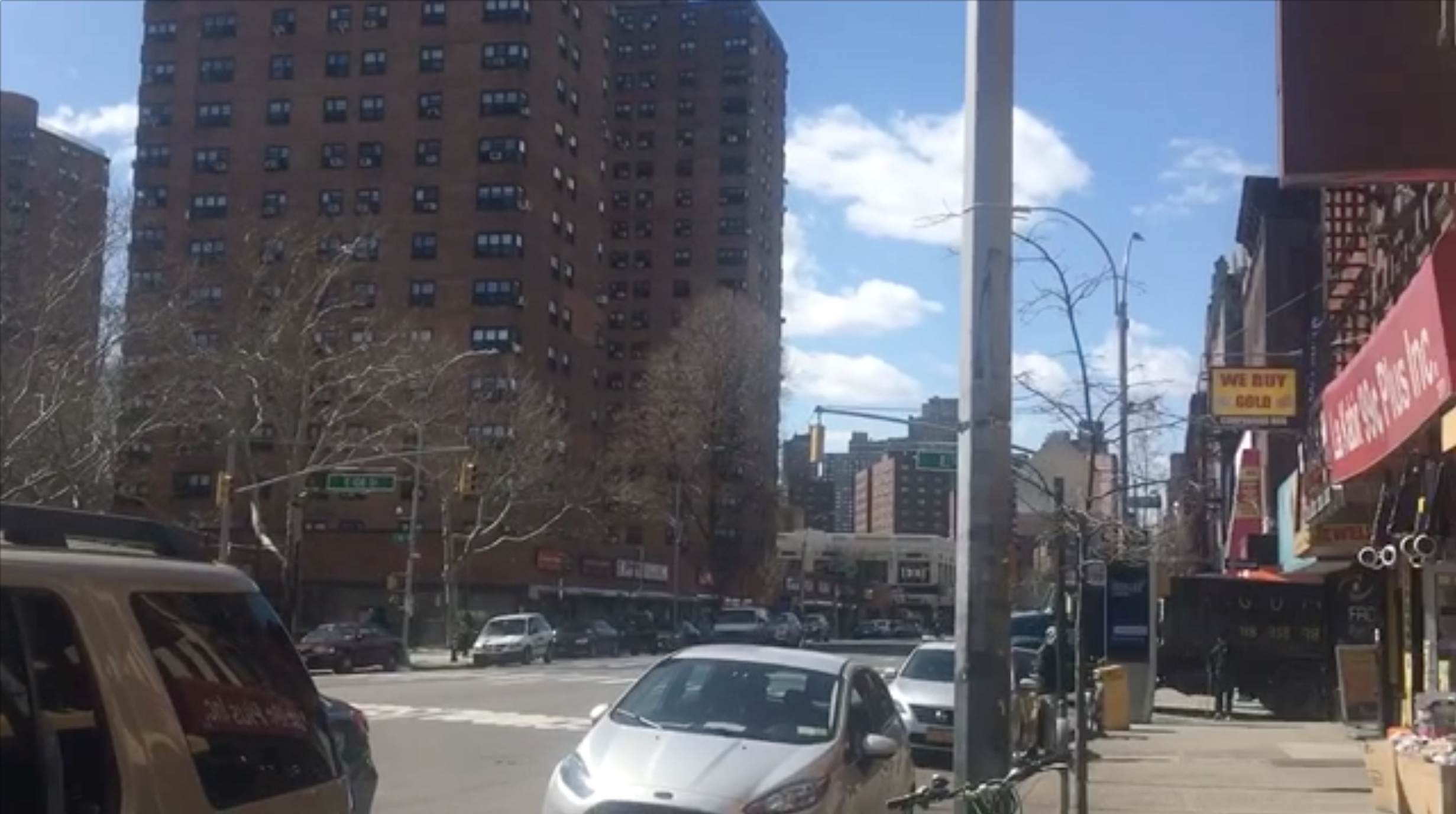
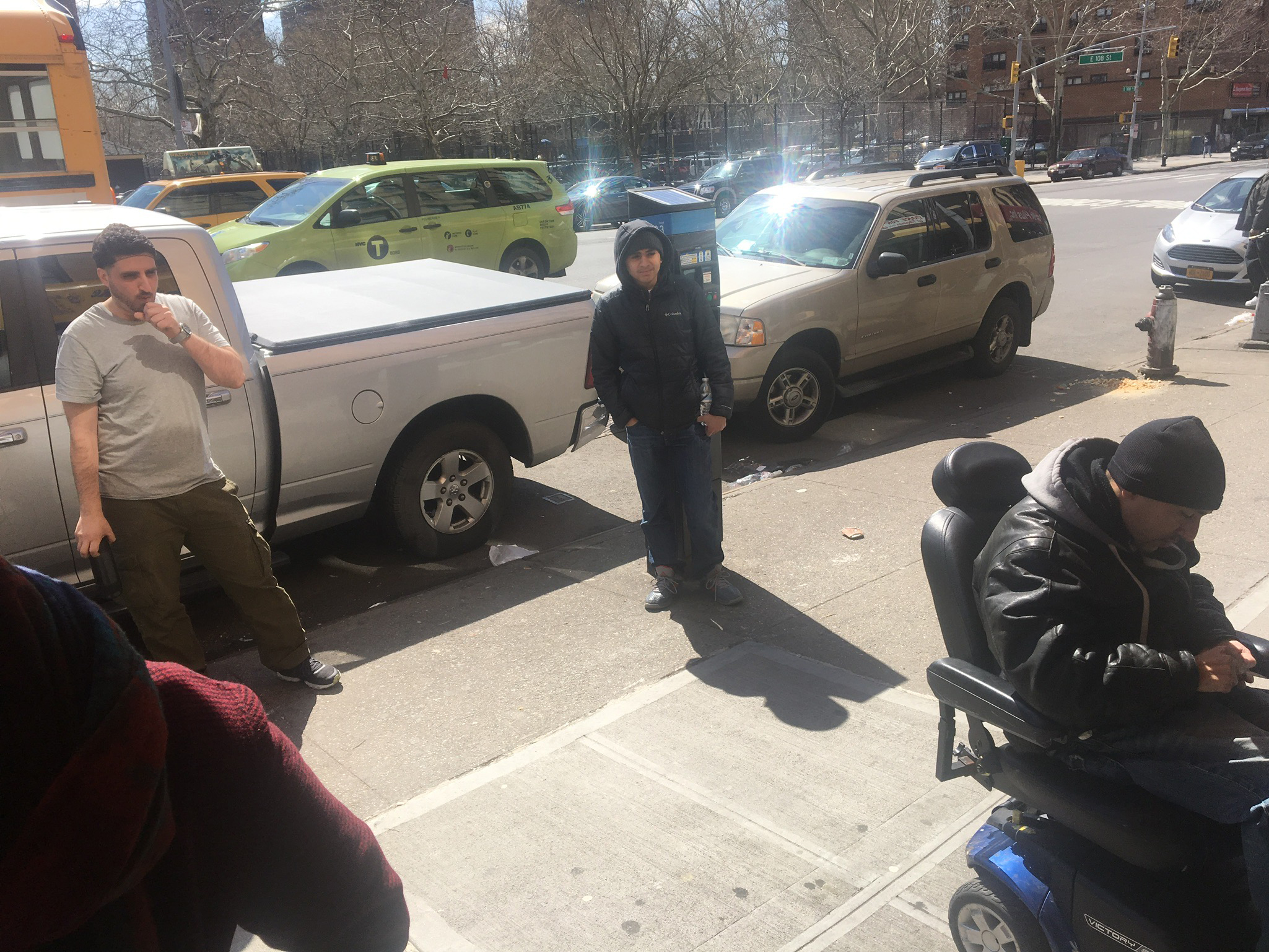
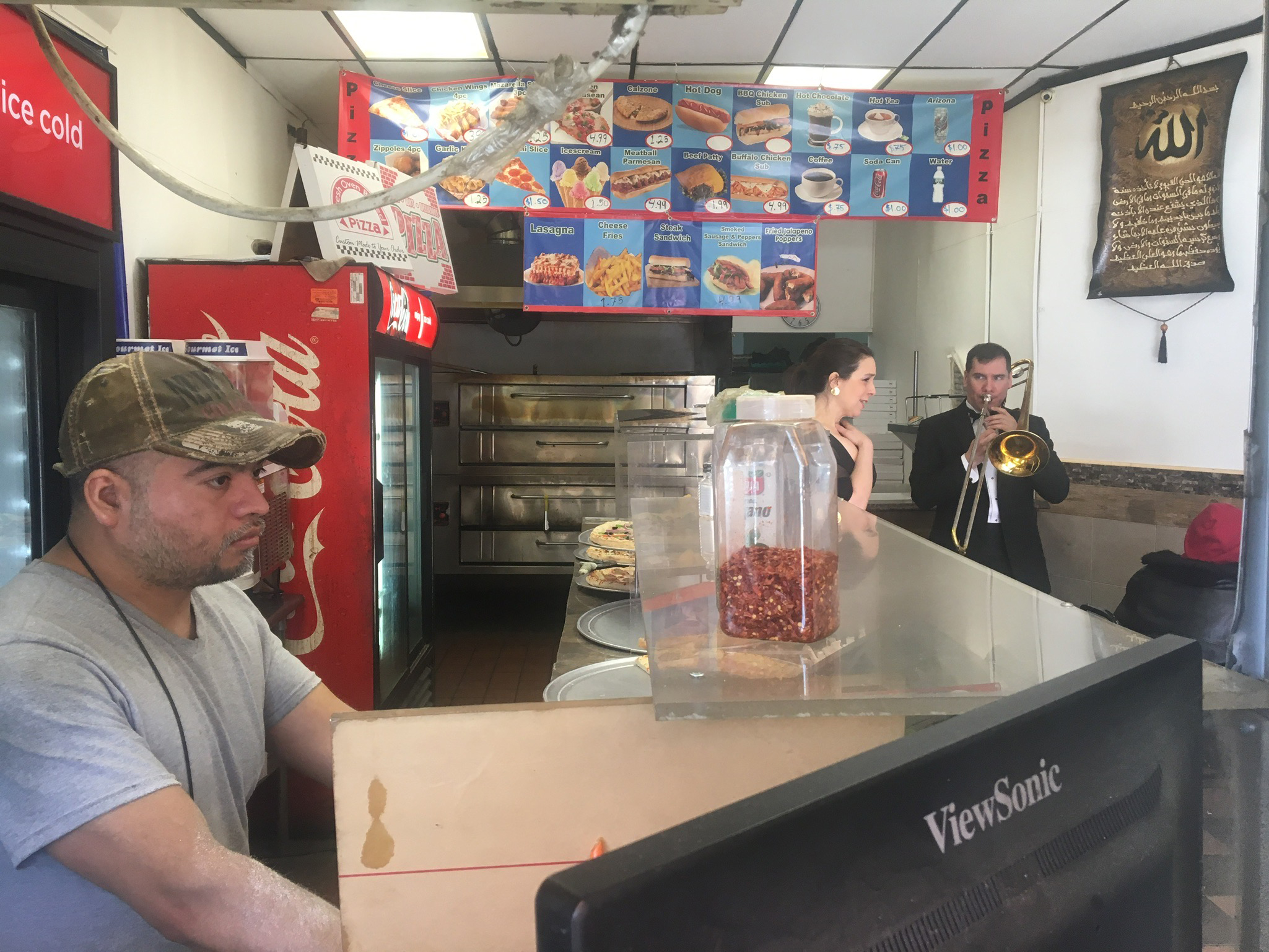
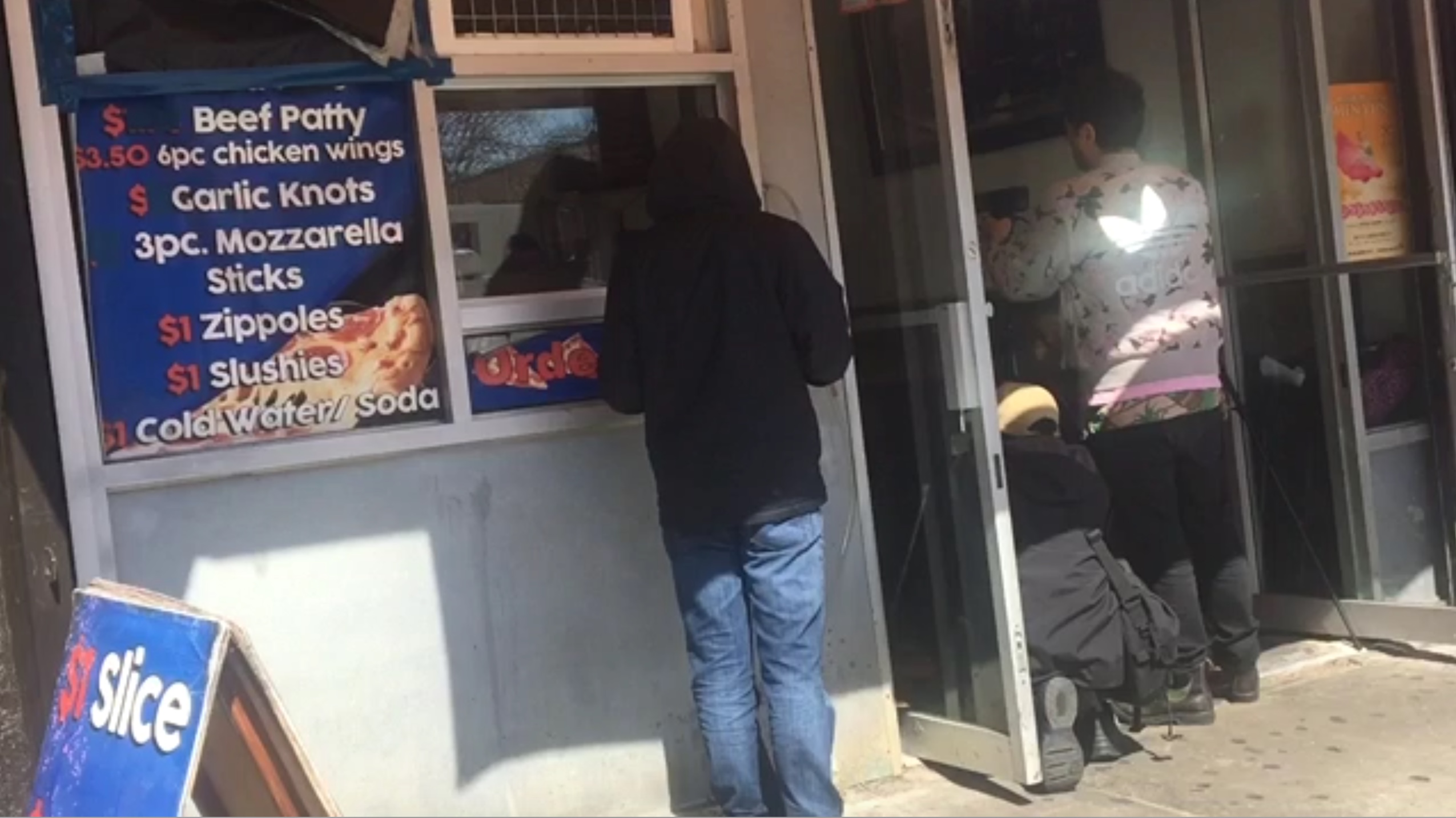
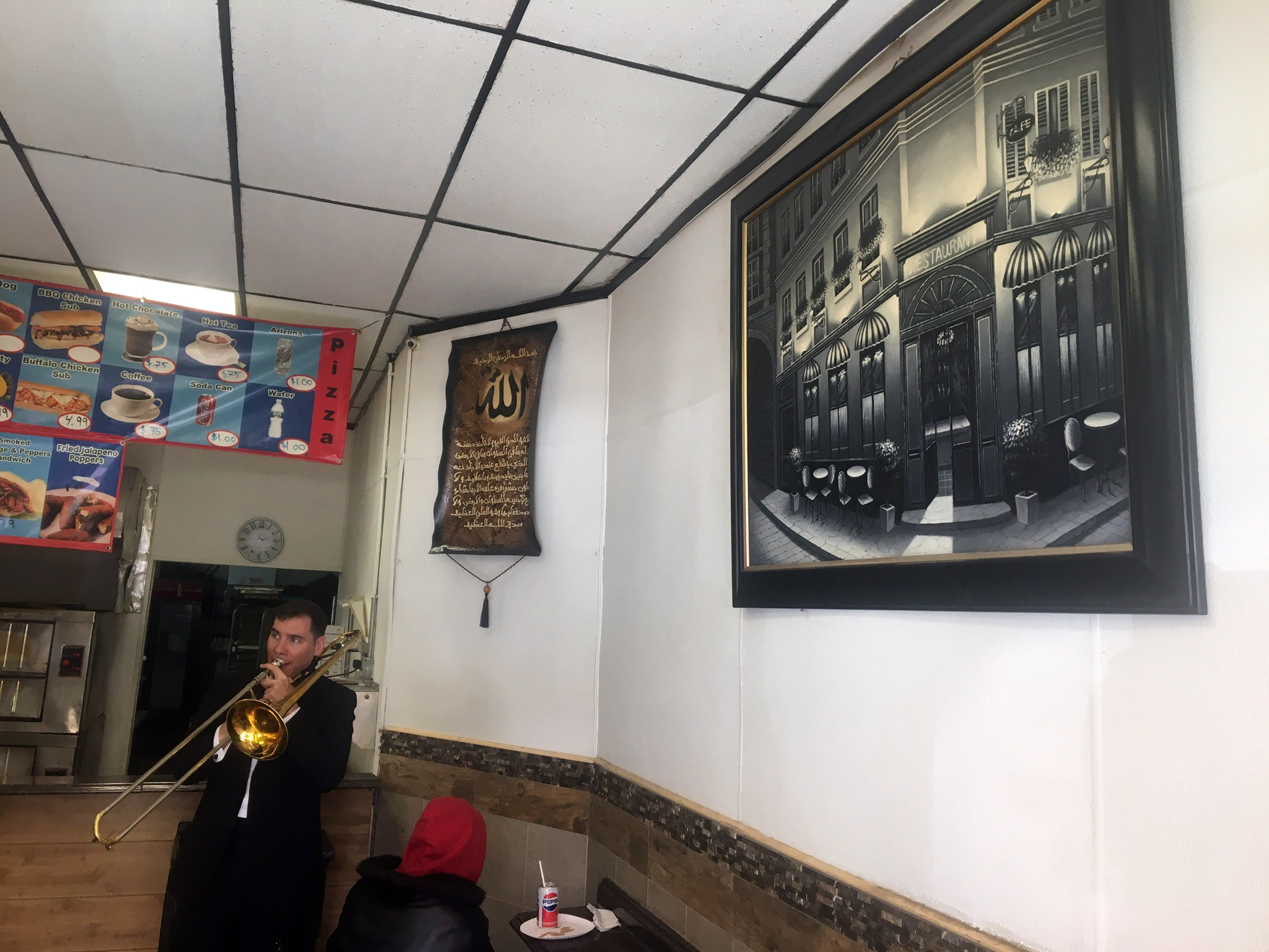
https://www.youtube.com/watch?v=Etc9WMFwIoA